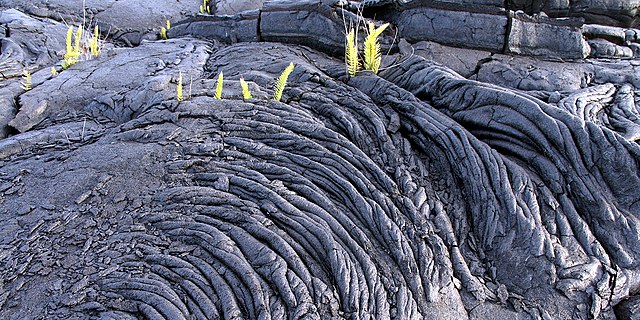Uniformitarianism, also known as the Doctrine of Uniformity or the Uniformitarian Principle, is the assumption that the same natural laws and processes that operate in our present-day scientific observations have always operated in the universe in the past and apply everywhere in the universe. It refers to invariance in the metaphysical principles underpinning science, such as the constancy of cause and effect throughout space-time, but has also been used to describe spatiotemporal invariance of physical laws. Though an unprovable postulate that cannot be verified using the scientific method, some consider that uniformitarianism should be a required first principle in scientific research. Other scientists disagree and consider that nature is not absolutely uniform, even though it does exhibit certain regularities.
Hutton's Unconformity at Jedburgh. Above: John Clerk of Eldin's 1787 illustration. Below: 2003 photograph.
Cliff at the east of Siccar Point in Berwickshire, showing the gently tilting red sandstone layers above vertically tilted greywacke rocks.
Charles Lyell at the British Association meeting in Glasgow 1840
Geology is a branch of natural science concerned with the Earth and other astronomical objects, the rocks of which they are composed, and the processes by which they change over time. Modern geology significantly overlaps all other Earth sciences, including hydrology. It is integrated with Earth system science and planetary science.
Solidified lava flow in Hawaii
Sedimentary layers in Badlands National Park, South Dakota
Metamorphic rock, Nunavut, Canada
Native gold from Venezuela







